Trucking safety is the bottom line. Drive recklessly, let repairs lapse, use drugs, and you’re held accountable. The things you do or don’t do affects CSA Scores. The Compliance, Safety, Accountability (CSA) program wants to end unsafe driving. After all, you’re putting your life—and others—in danger. The Federal Motor Carrier Safety Administration (FMCSA) safety compliance and enforcement program holds drivers and motor carriers, including owner-operators, accountable for everything road-related.
How CSA works
CSA affects motor carriers and owner-operators by finding those with safety problems and prioritizing them for interventions such as warning letters and investigations. On the other hand, CSA affects drivers because their safety performance and compliance affect their safety records and will affect their carrier’s safety record while working for that carrier.
The company safety data appears online in FMCSA’s Safety Measurement System (SMS), and is updated once a month with:
• The number of safety violations and inspections
• The severity of safety violations or crashes
• When the safety violations occurred, with recent events weighted more heavil
• The number of trucks/buses a carrier operates and the number of vehicle miles traveled
• Acute and critical violations found during investigations
The BASICS of CSA Scores
FMCSA organizes the Safety Measurement System (SMS) data into seven Behavior Analysis and Safety Improvement Categories (BASICs) to determine a motor carrier’s safety performance and compliance compared to other carriers. These seven BASICS include:
• Unsafe driving – includes speeding, reckless driving, improper lane change, inattention, no seatbelts
• Crash indicator – histories of crash involvement (Not Public)
• Hours-of-service (HOS) compliance – noncompliance with HOS regulations, including logbooks
• Vehicle maintenance – brakes, lights, defects, failure to make required repairs
• Controlled substances/alcohol – use/possession of controlled substances/alcohol
• Hazard materials compliance – leaking containers, improper packaging and placarding (Not Public)
• Driver fitness – invalid license, medically unfit to operate a CMV
When an intervention is called for
Violations adversely affected your company’s SMS results for two years. They may prioritize your company for an FMCSA intervention, ranging from warning letters to complete on-site investigations that could result in an Out-of-Service Order (OOSO) or a change to your safety rating.
A driver’s safety performance and compliance impacts their employer’s safety records—and the driver’s. With driver consent, carriers can use FMCSA’s Pre-Employment Screening Program (PSP) as a pre-employment screening tool to see a driver’s five-year crash and three-year inspection history. Considering that five million truck and bus drivers share America’s roads and highways with more than 250 million motorists, Compliance, Safety and Accountability is everyone’s business. Learn how to be more road-smart.





